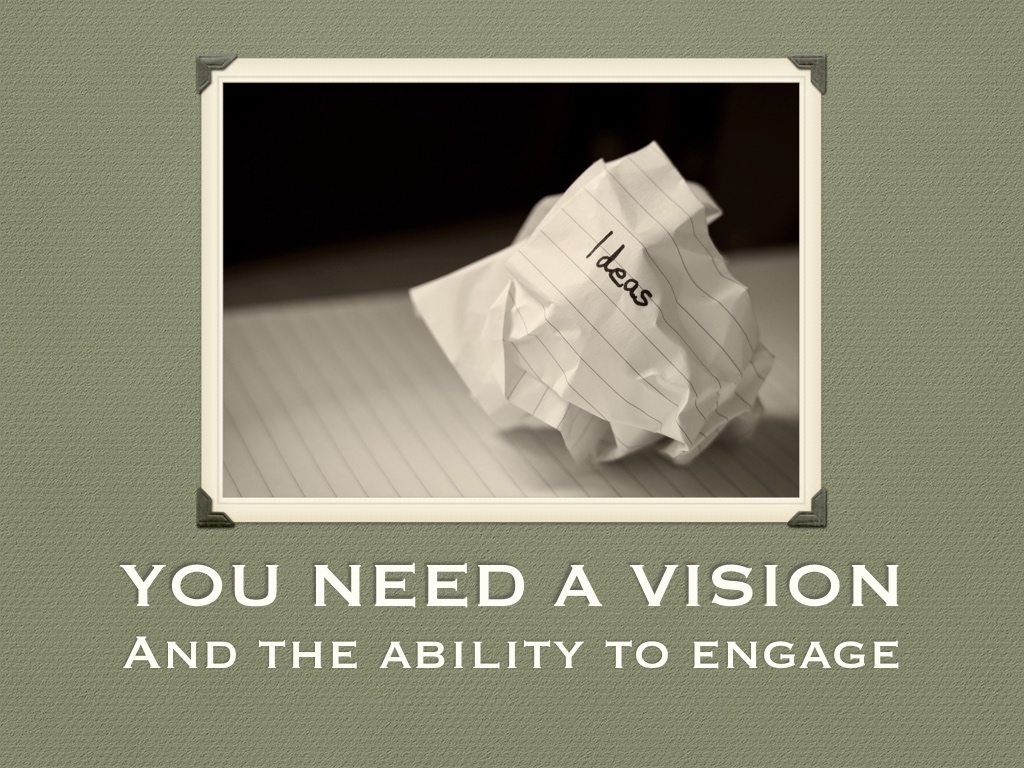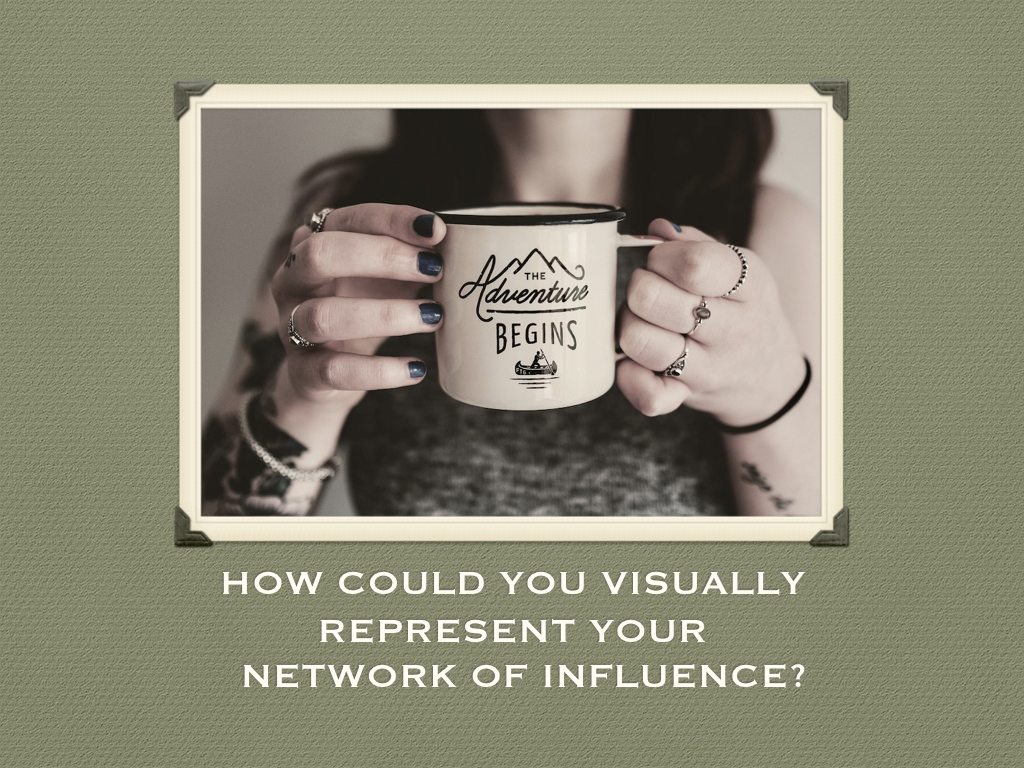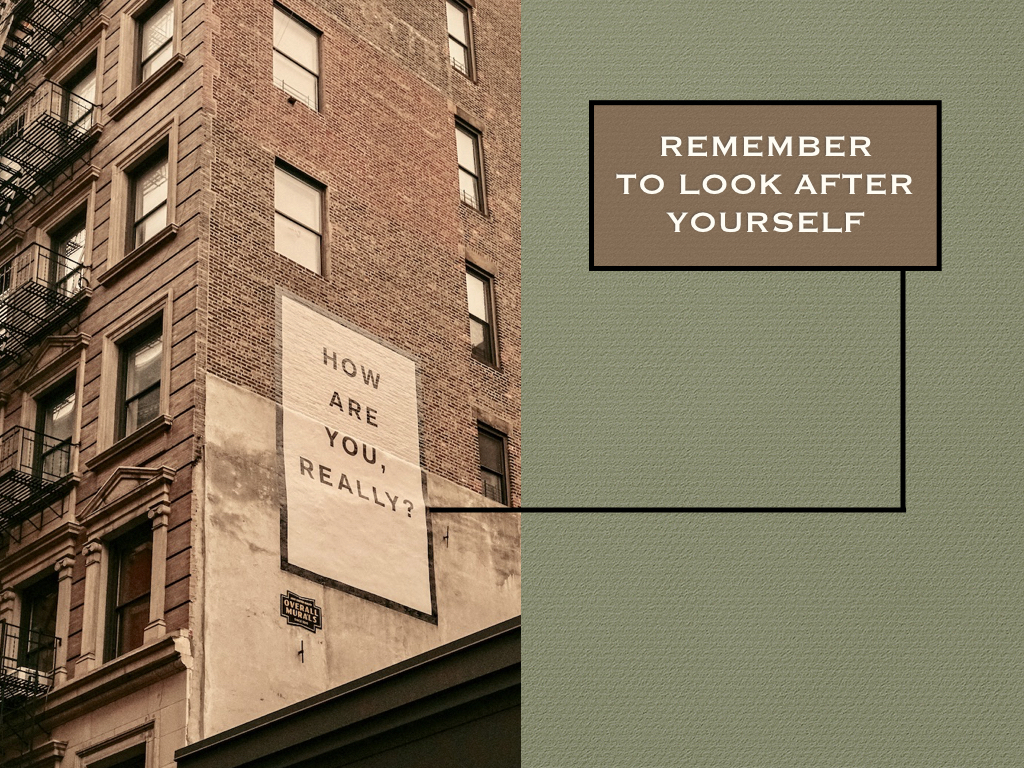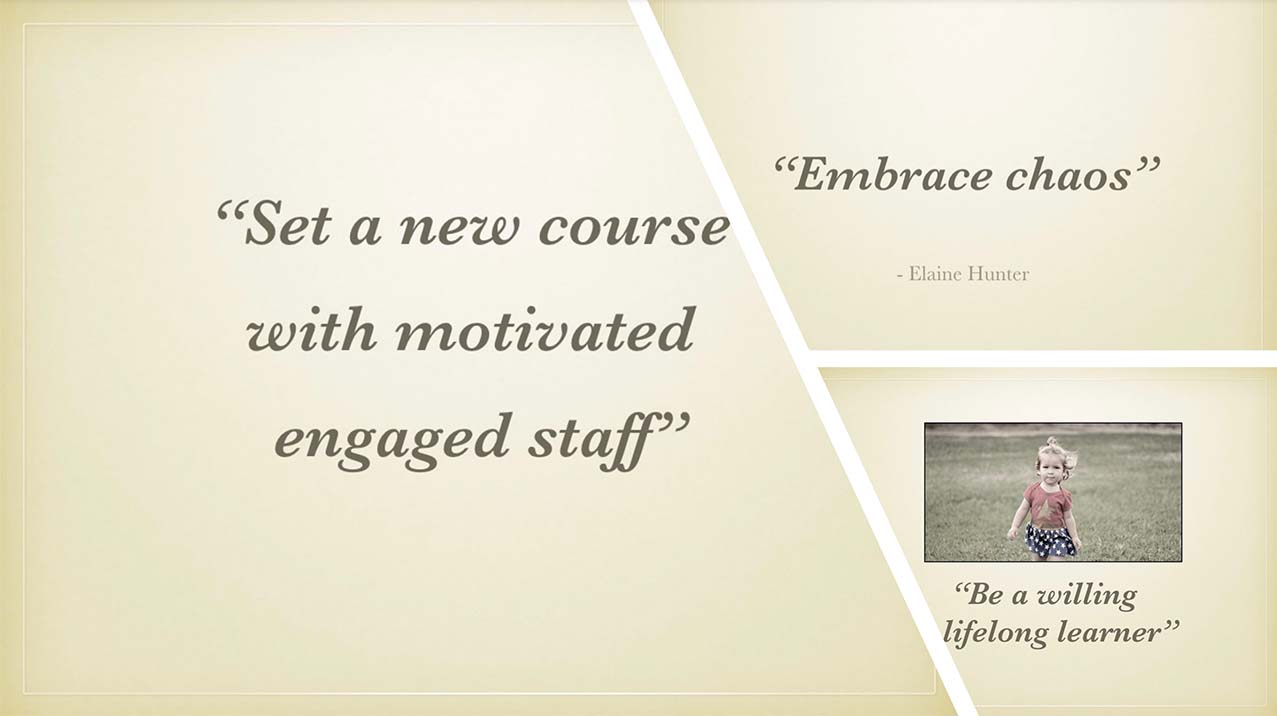Elaine Hunter FRCOT, MSc, BSc (Hons) DipCOT National Allied Health Professions Consultant
In 2013, I delivered the prestigious Elizabeth Casson Memorial lecture and also wrote an article on the topic of Transformational Leadership in Occupational Therapy – delivering change through conversations. (Hunter 2013). In 2021, I was then invited by the Elizabeth Casson Trust to write a blog to share my experience of being nominated, my approach to writing my memorial lecture and to reflect on my key messages delivered in 2013 and consider, are they still relevant in 2021? I have then added some reflective questions for you to consider. So, grab a cuppa, find a quiet space and here goes…….
My experience of being nominated
The application process of being nominated, at that time was confidential and the process starts well before you actually deliver the lecture. So, for me, it started with a confidential email early 2012, from what was the College of Occupational Therapy, to inform me I had been nominated and would I accept the invitation to deliver the lecture in 2013. Without hesitation I replied “YES”. So, at the COT annual conference in 2012 it was announced that Elaine Hunter would be delivering the prestigious Elizabeth Casson Memorial Lecture in 2013. And then the work begins!
My approach to writing my memorial lecture
In writing the memorial lecture, you have no guidance on your topic or delivery style but you know your lecture is to be engaging and inspiring. At the same time, you have to write an article for the British Journal of Occupational Therapy.
Being nominated was incredibly exciting however realisation strikes, the fear sets in, the excitement fades. I then approached the task in hand, like I do with anything, I made lists, I set personal goals and just got started. I reached out to previous Casson lecturers who were generous with their time and encouragement. I read previous Casson articles, held a twitter chat at OTalk, spoke endlessly to my peers, colleagues and friends and then my ideas on what to present developed and the excitement returned. I took the opportunity & centre stage to reflect, research, debate and discuss a theme that was important to me then and I still believe is today, leadership. I approached the lecture as a personal narrative, bringing transformation leadership to life as I explored what it meant to me personally, practically and professionally.
My themes: Then and Now
I started the lecture with my personal leadership journey as a narrative, sharing my occupational therapy career from student to national leader, the inspirational people I have worked with and remembering my many other roles as a mum, wife, sister, auntie (& now a great auntie) and daughter. It felt a risk, to start the lecture this way but I wanted to “make leadership accessible to everyone here, through sharing my journey”. In 2021, I was then invited to share the story of my career in 5 photographs, to inspire our future occupational therapists and you can read the blog here https://tinyurl.com/w9bkukpa

The lecture then focused on what I called habits and routines of transformational leadership. I suggested to be a leader you had to reflect on what type of leader you want to be and shared the work by Alimo-Metcalfe and Alban Metcalfe (2008) to demonstrate this key message. They had developed a model characterised by a strong sense of inclusiveness, where leadership is ‘distributed’ throughout all levels of an organisation, enabling others to display leadership themselves and working with others towards achieving a shared vision. I still think these are relevant leadership qualities today. For me, my leadership learning continues, and I still go to back to the work of Covey (2004) but am also reviewing newer work by Sharpe (2020) and West (2021).
Reflection for you: What model of leadership would you invite us to review?

I advocated that to engage people in our work, you need a vision: an image of the future. If you have no vision, you have no followers. Your vision has to reflect practice but be translated from policy and local context, it needs to set a direction, purpose, inspire and be achievable. I suggested our service users stories are as powerful as hard data and I shared a 5-minute video where we listened to the voice of people with lived experience. I still believe the need for a vision is as important then as it is now and since 2013, I have developed a new vision for change to transform how we work with people with dementia and their families. (Alzheimer Scotland 2017, 2020). All evidence sources were reviewed and critiqued and the voice of people with dementia and their families were integral to the vision for change.
Reflection for you: How do you engage people with lived experience to inform your vision for occupational therapy now and in the future?
I proposed when developing a vision for change, ‘ownership’ of the vision is essential. In any role undertaken in my career, I know that I am more effective, and the work is more sustainable, when I work collaboratively with a team of people towards building networks, relationships and a community of influence.

To do this takes time and you have to be prepared to be a ‘leader among leaders’. The community of influence I wrote about in 2013, still meets to this day and I have since established a new community of influence and you can view their amazing work at www.alzscot.org/ahpdementia and https://tinyurl.com/dn6yfha
Reflection for you: When reflecting on your communities of influence, how could you visually represent your networks of influence, showing where you have influence and where you need to have more influence.
I promoted the idea that you need to share your vision showcasing what I called “traditional” methods and “new ways of getting the message out to a wider public” inviting us all to be a digital leader where I debated the merits of twitter and hosting an OTalk! Eight years on, this makes me smile. As I am writing this blog, we are in the midst of #AHPsActive and getting ready for #AHPsDay on the 14th October. It looks like we are all becoming “digital leaders”, embracing twitter, blogs, Instagram, animation, podcasts, Near Me, Microsoft Teams ensuring occupational therapists are connecting now on a global scale.
Reflection for you: What digital platform do you use routinely to share your vision and why?

Eight years on, however I would add, to be a transformational leader you have to welcome new ideas and remember to look after yourself. This has been an extra ordinary challenging 18 months and “we need more than ever to look after ourselves to ensure that we can keep helping the people we support” (RCOT 2021)
Reflections for you: Share your amazing work on twitter, tag me at @elaineahpmh & use the hash tag #ValueofOT and let’s celebrate and support each other digitally too.
I still believe my lecture conclusion is as relevant today as it was in 2013 but see what you think.
“To be a transformational leader you have to welcome new ideas and:
The rate of change in services will continue at an accelerating pace, making leadership critical. Engaging transformational leaders must emerge in occupational therapy to develop new ways of working, with a focus on measuring outcomes and impact. Of equal importance is our ability to engage with the public, so bringing about a greater awareness of our role and contribution to health and wellbeing.
To be a transformational leader you need to be self-aware, authenticand, also, to ‘just be yourself’. In addition, you need to be curious, bold, resilient and courageous — although being courageous does not mean there is an absence of fear. We all face many challenges in our day-to-day work; however, these challenges can present opportunities. We need occupational therapy leaders to locate these opportunities for, and with, us. We have reason to be proud: occupational therapists are doing amazing work.”
We can all be leaders — we should embrace this.

Alimo-Metcalfe B Alban-Metcalfe J 2008 Engaging Leadership: Creating organisations that maximise the potential of their people. CIPD
Alzheimer Scotland 2017 Connecting People Connecting Support Transforming the allied health professionals’ contribution to supporting people living with dementia in Scotland, 2017-2020 Edinburgh https://tinyurl.com/jhrb59pt
Alzheimer Scotland 2020 Connecting People Connecting Support in action An impact report on transforming the allied health professions’ contribution to supporting people living with dementia in Scotland Edinburgh https://tinyurl.com/375pnfz7
Covey SR 2004 The 7 habits of highly effective people: powerful lesson in personal change 15th ed New York Free Press
Hunter EP 2013 The Elizabeth Casson Memorial Lecture 2013: Transformational leadership in occupational therapy – delivering change through conversations British Journal of Occupational Therapy 76(8) 346-354
Royal College of Occupational Therapists 2021
https://www.rcot.co.uk/your-health-and-wellbeing-during-covid-19-crisis accessed 270821
Sharpe B 2020 Three Horizons. The Patterning of Hope 2nd Edition Triarchy Press, Axminister, UK
West MA 2021 Compassionate Leadership Sustaining Wisdom, Humanity and presence in health and social care The swirling Leaf Press